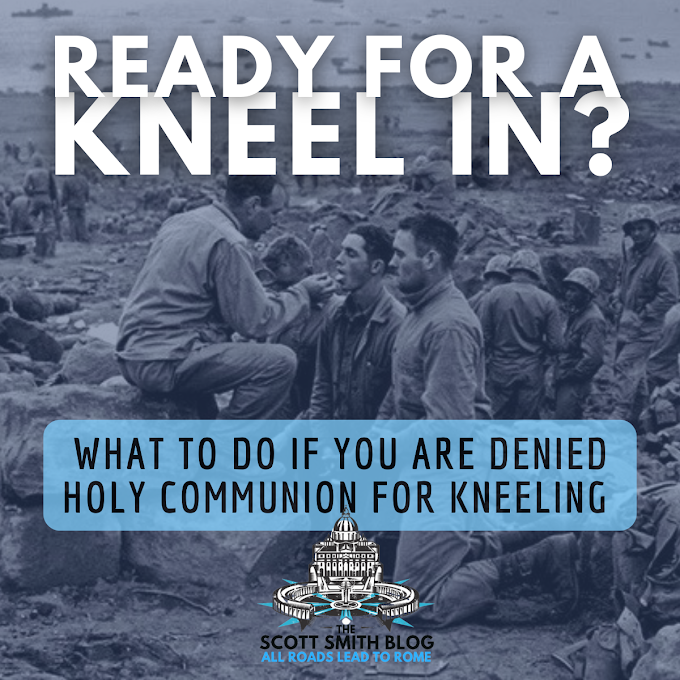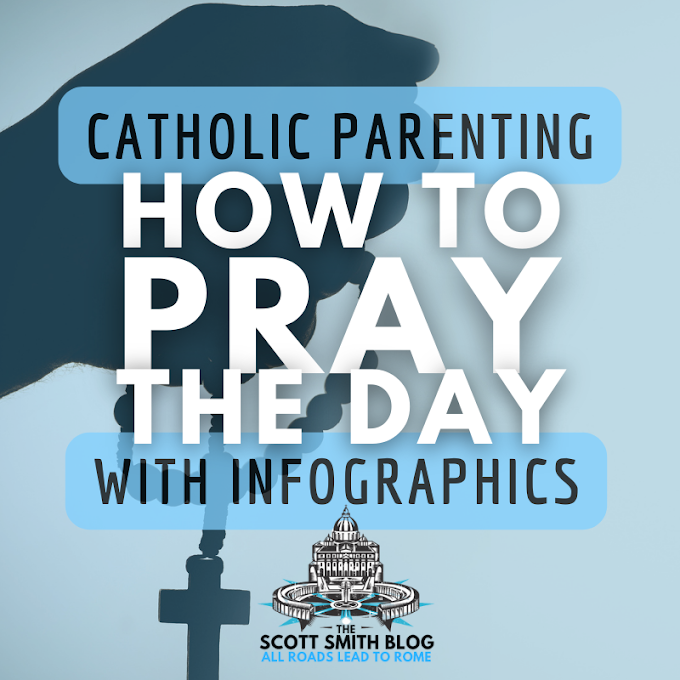Have you heard of the Catholic poet, Joyce Kilmer?
First off, despite his name, Alfred Joyce Kilmer was a man. Second, he was a Catholic convert, along with the rest of his family. Kilmer described his conversion beautifully. See below.
Kilmer was probably most famous for his poem, "Trees" -- "I think that I shall never see a poem lovely as a tree."
There's a definite ecological/environmental beauty to "Trees," so this poem often gets promoted over Kilmer's more explicitly Catholic poems. I think it's time to showcase some of Kilmer's beautiful Catholic poetry and writing ...
Joyce Kilmer, Catholic Poetry - Table of Contents
Joyce Kilmer's Catholic Conversion
Joyce and his wife Aline Murray (also an author) had five kids together. The Kilmers converted to Catholicism in 1913, not long after one of their daughters, Rose, was diagnosed with polio. Rose's sickness had a profound effect on her family. Ultimately, this suffering led them to the Catholic faith.
Kilmer described this conversion beautifully in a letter to Fr. James J. Daly:
Faith did come, it came, I think, by way of my little paralyzed daughter. Her lifeless hands led me; I think her tiny feet know beautiful paths. You understand this, and it gives me a selfish pleasure to write it down. (Poems, Essays and Letters)
"Trees" by Joyce Kilmer
Kilmer's probably most famous for his poem, "Trees":
I think that I shall never see
A poem lovely as a tree.
A tree whose hungry mouth is prest
Against the earth’s sweet flowing breast;
A tree that looks at God all day,
And lifts her leafy arms to pray;
A tree that may in Summer wear
A nest of robins in her hair;
Upon whose bosom snow has lain;
Who intimately lives with rain.
Poems are made by fools like me,
But only God can make a tree.
"Easter" by Alfred Joyce Kilmer
The air is like a butterfly
With frail blue wings.
The happy earth looks at the sky
And sings.
"Easter Week" by Alfred Joyce Kilmer, In Memory of Joseph Mary Plunkett
It's with O'Leary in the grave."
William Butler Yeats
"Romantic Ireland's dead and gone,
It's with O'Leary in the grave."
Then, Yeats, what gave that Easter dawn
A hue so radiantly brave?
There was a rain of blood that day,
Red rain in gay blue April weather.
It blessed the earth till it gave birth
To valour thick as blooms of heather.
Romantic Ireland never dies!
O'Leary lies in fertile ground,
And songs and spears throughout the years
Rise up where patriot graves are found.
Immortal patriots newly dead
And ye that bled in bygone years,
What banners rise before your eyes?
What is the tune that greets your ears?
The young Republic's banners smile
For many a mile where troops convene.
O'Connell Street is loudly sweet
With strains of Wearing of the Green.
The soil of Ireland throbs and glows
With life that knows the hour is here
To strike again like Irishmen
For that which Irishmen hold dear.
Lord Edward leaves his resting place
And Sarsfield's face is glad and fierce.
See Emmet leap from troubled sleep
To grasp the hand of Padraic Pearse!
There is no rope can strangle song
And not for long death takes his toll.
No prison bars can dim the stars
Nor quicklime eat the living soul.
Romantic Ireland is not old.
For years untold her youth will shine.
Her heart is fed on Heavenly bread,
The blood of martyrs is her wine.











0 Comments